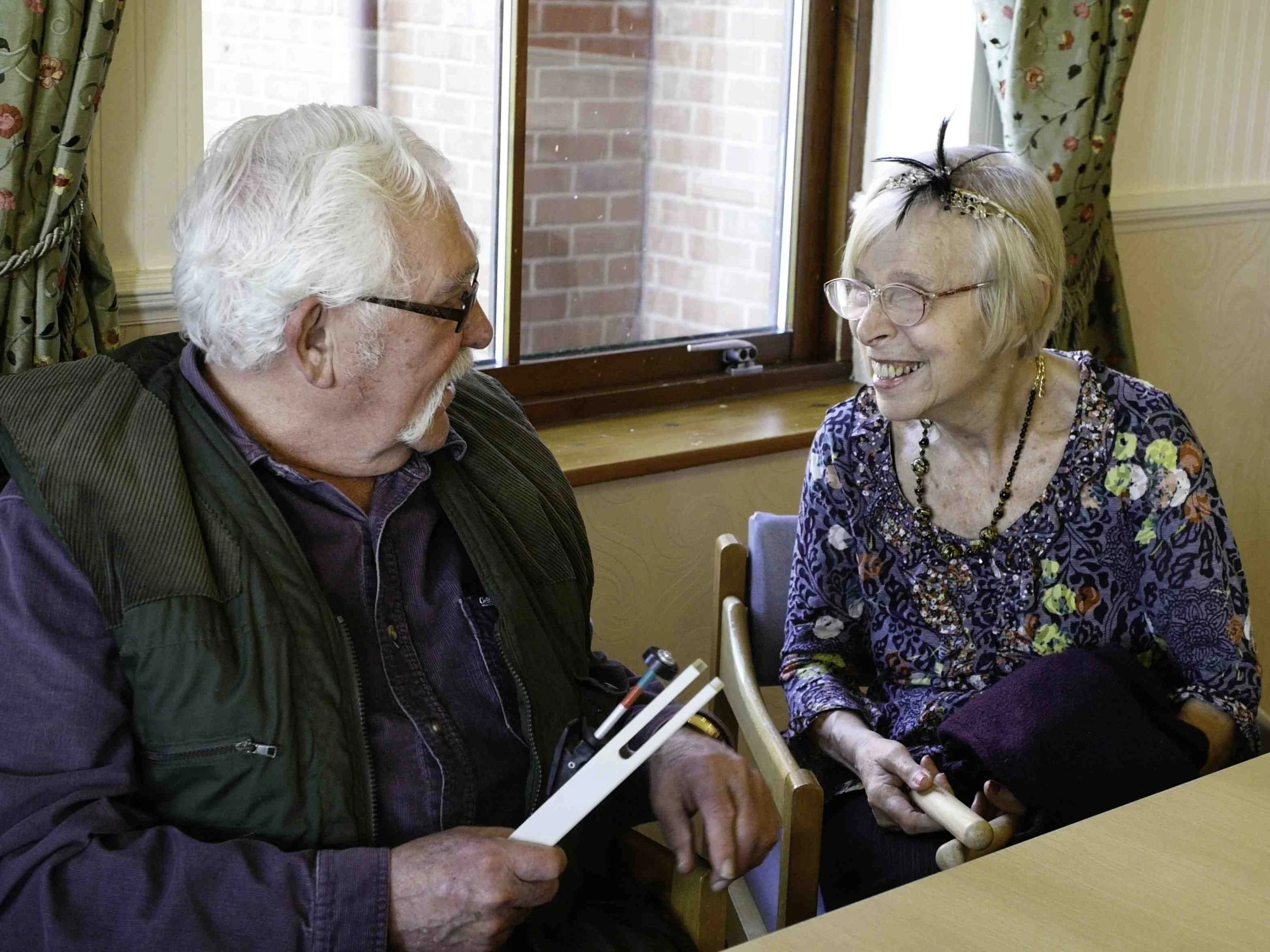(Extract from my chapter in “The Practical Handbook of Living with Dementia” (2022)
Central to dementia care is principle of person-centredness, and how to support positive relationships and ‘well-being’. The pioneers of this approach, Kitwood and Bredin (1992) looked at the evidence from bio-medical science and psychiatry and argued that: ‘dementia care need not be a relatively passive attendance upon an elderly man or woman’s psychological undoing. Rather, it may become an exemplary model of interpersonal life, an epitome of how to be human' (Kitwood and Bredin, 1992a: 286). The progression of dementia, however, can make communication difficult and this can be upsetting and frustrating for a person with dementia and their caregiver (Alzheimers Society 2020). Building authentic relationships is, therefore, an essential element of a person-centred approach (Brooker, 2007: 25) but is often seen as being difficult, or even impossible, due to a lack of understanding of the process (Allan and Killick, 2008: 249). Based on an understand that moments of rapport are the building blocks of relationship, Rapport-Based Communication offers a straightforward model for this process.
References
Allan K and Killick J (2008) Communication and relationships: An inclusive social world. In Downs M, and Bowers B (Eds) Excellence in dementia care: research into practice (pp.212-229) Maidenhead: Open University Press
Alzheimers Society Communicating and Language www.alzheimers.org.uk/about-dementia/symptoms-and-diagnosis/symptoms/communicating-and-language (Accessed 23 March 2020)
Brooker D (2007) Person centered dementia care. London: Jessica Kingsley.
Kitwood T and Bredin K, eds. (1992a) ‘Towards a Theory of Dementia Care - Personhood and Well-being’, Ageing and Society 12, 269-287.
